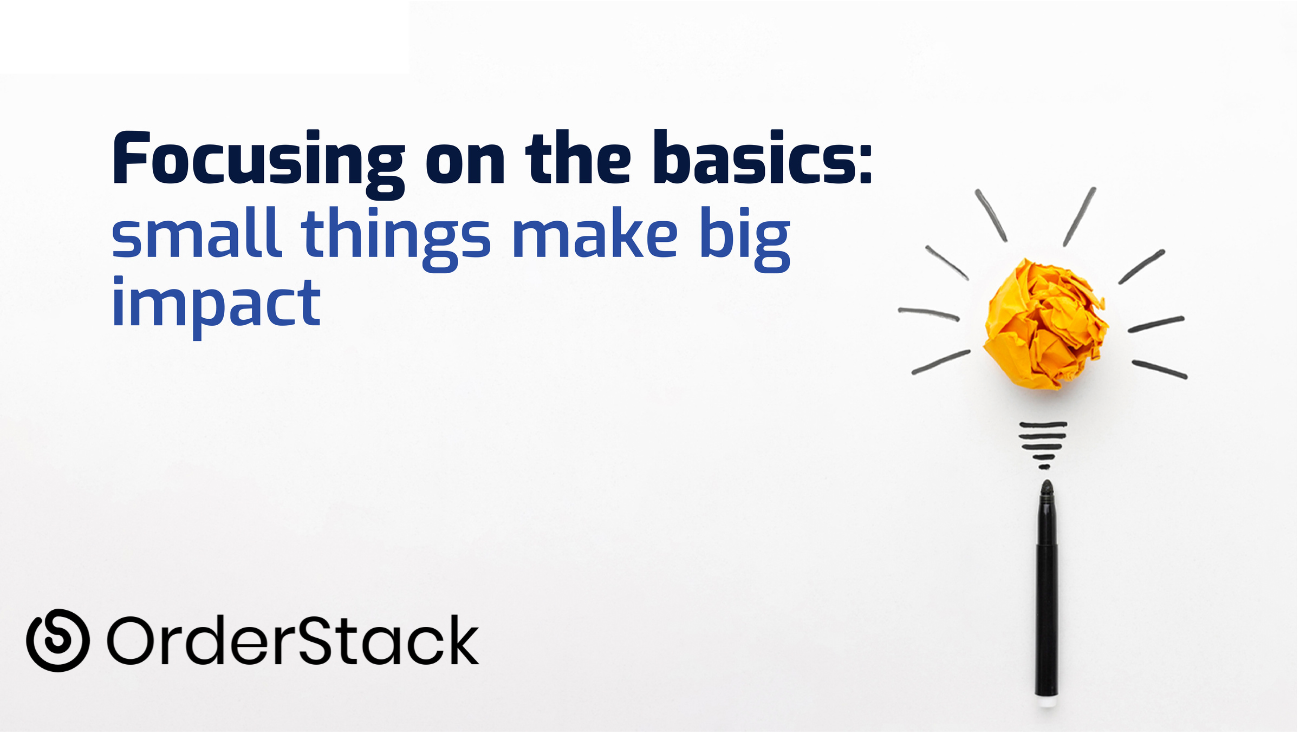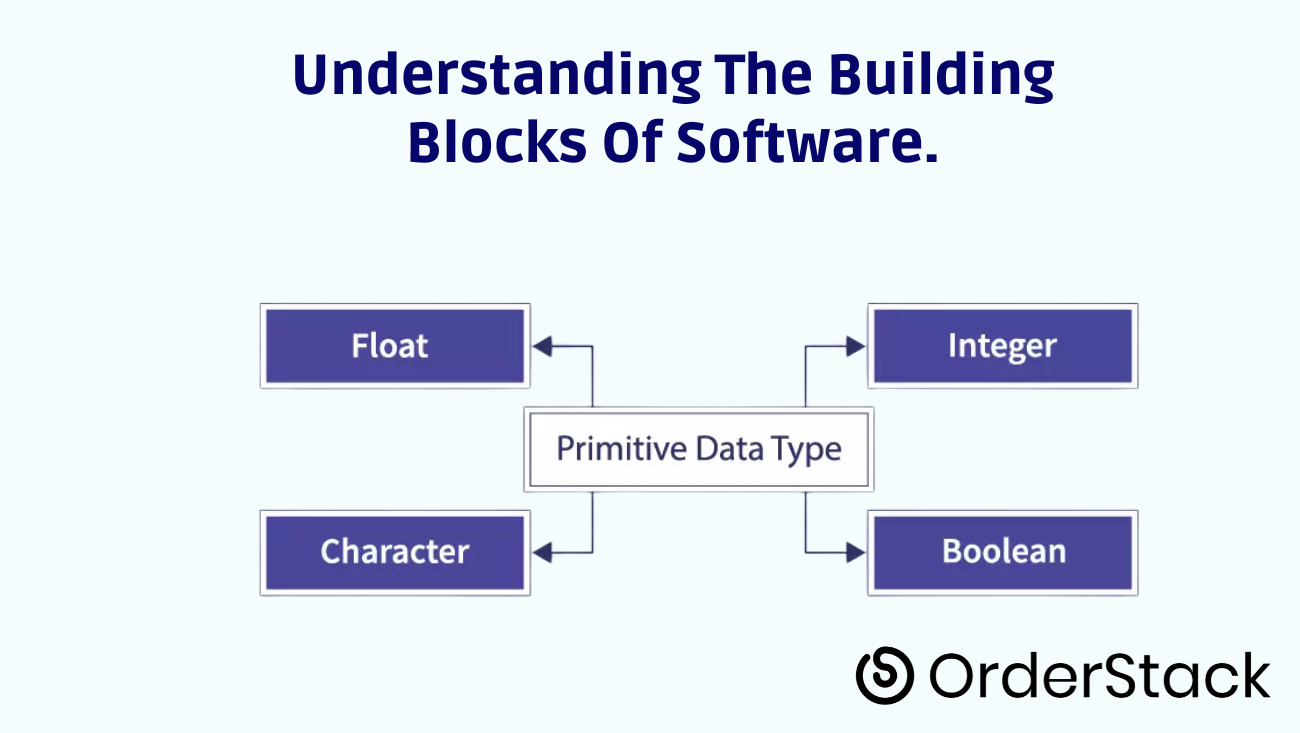Let’s be honest; we’ve all been there. You download a new app, eager to try it out, only to be met with a confusing interface and a flow that feels like navigating blindfolded. Frustration sets in, and within minutes, you’re deleting it with a sigh. Conversely, there are those apps—the ones you open—and a sense of calm washes over you. Everything is intuitive, the design is sleek, and accomplishing your task feels effortless. These are the products that benefit from stellar User Experience (UX) design, and they’re the ones that win us over every single time.
For the uninitiated, UX design is the invisible magic behind a product. It’s the reason some websites feel like a walk in the park and others feel like climbing Mount Everest. It encompasses everything from the visual layout and information architecture to the interaction flow and overall usability. In essence, UX design is about understanding the users—their needs, frustrations, and mental models—and crafting a product that caters to them seamlessly.
Why is this so important? Because in today’s oversaturated market, a bad UX design can spell doom for even the most innovative product. Here’s why UX design should be at the forefront of every product development cycle:
The Power of Frictionless Flow:
Imagine this: you need to book a flight. You open a travel app, and within minutes, you’ve found the perfect flight, entered your details, and secured your ticket. This is the magic of a well-designed UX. It removes friction from the user journey, allowing them to accomplish their goals efficiently and without getting lost in the weeds. This translates to a happier user who is more likely to return and recommend the product to others.
Building Trust and User Loyalty:
Think about your favorite websites or apps. Chances are, they offer a positive UX that makes you feel in control and confident. This builds trust with the user, fostering a sense of loyalty. When a product anticipates your needs and makes things easy, you develop a positive association with it. This is crucial in a world where users have countless alternatives at their fingertips.
The Voice of the User: User Research and Usability Testing
Great UX design doesn’t happen by accident. It’s a result of user research and usability testing. This involves talking to real users, understanding their pain points, and observing how they interact with prototypes or existing products. This user-centric approach ensures the final product is designed for them, not just the designers or developers.
Happy Users, Happy Business:
Let’s not forget the bottom line. A positive UX design translates to increased user engagement, higher conversion rates, and ultimately, a successful product. When users find a product easy and enjoyable to use, they’re more likely to keep coming back, leading to better business outcomes.
Beyond Usability
UX design goes beyond just functionality. It’s about crafting an emotional connection with the user. Think about the calming color scheme of your meditation app or the gamification elements that make learning a new language fun. These design choices enhance the user experience and make interacting with the product a positive experience.
UX Wishlist:
As a team that interacts with countless apps and websites daily, we have a few things on our UX wishlist. First, consistency is key. There’s nothing more frustrating than having to re-learn how to navigate an app with every update. Second, clear and concise language is crucial. Avoid jargon and use simple, easy-to-understand instructions. And finally, a UI with minimal but optimal content.
UX design is the invisible force that shapes our digital experiences. It’s the reason some products feel intuitive and delightful, while others leave us scratching our heads. By prioritizing UX design, companies can create products that not only function well but also resonate with users on an emotional level. The next time you find yourself using an app with a seamless and enjoyable experience, take a moment to appreciate the magic of UX design at work. After all, it’s the invisible magic that makes all the difference.









Leave a Reply